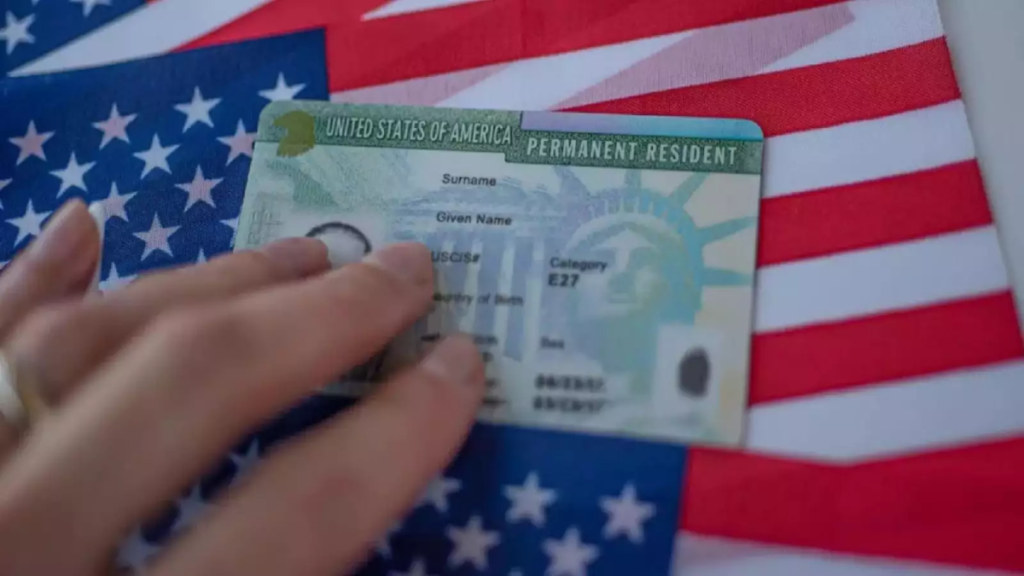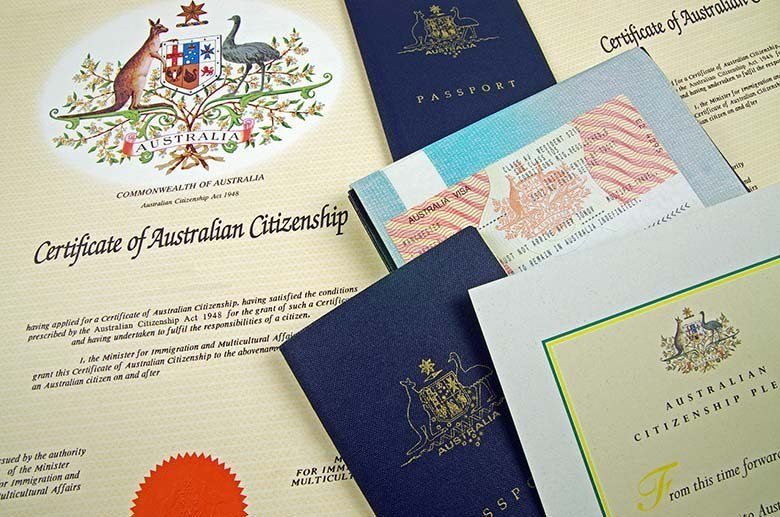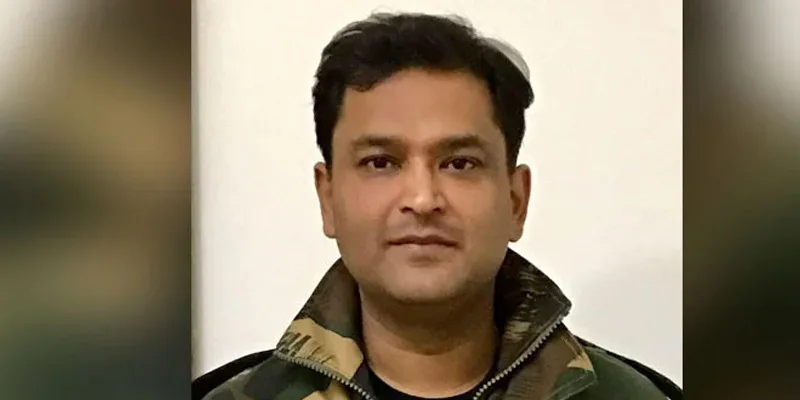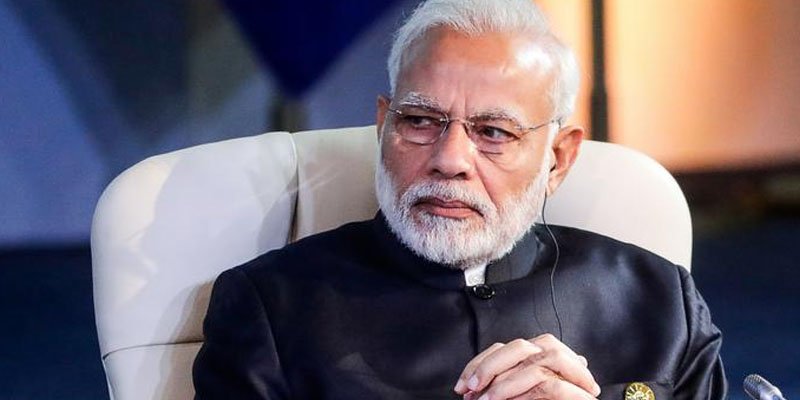
In a continuation of policies that began during the Trump administration, spouses of U.S. citizens and green card holders are now facing increased scrutiny during green card interviews in 2025. Immigration officers are exercising broader discretion and demanding more detailed documentation to confirm the legitimacy of marital relationships.
According to immigration attorneys, both consular interviews abroad and adjustment-of-status interviews within the United States have become more rigorous. Officers are asking more probing questions and requiring higher levels of evidence to ensure that marriages are genuine. This includes verifying how couples met, the development of their relationship, and their shared plans for the future.
Officers are particularly focused on documentation that reflects the authenticity of the relationship. Communication records, joint financial accounts, travel history, and involvement with each other’s families are all being examined closely. Couples should be prepared to provide a complete picture of their life together, especially in cases where the U.S. citizen cannot attend the consular interview. In those situations, the entire burden of proof falls on the applicant to demonstrate the marriage is legitimate.
Legal experts advise that couples collect a wide range of supporting documents, such as shared lease agreements, utility bills, joint insurance policies, money transfer receipts, and beneficiary designations on life insurance policies. Questions during interviews can include specific personal details, such as daily routines, sleeping arrangements, dietary restrictions, and even details about their home—such as the number of windows in the bathroom or locks on the front door.
Those married to green card holders often face additional challenges due to longer processing times, typically three to four years. These prolonged separations can lead to even more skepticism from officers, making comprehensive documentation essential to prove that the relationship is ongoing and sincere.
Domestic applicants may also encounter in-depth interviews with U.S. Citizenship and Immigration Services. In certain cases, officers may conduct what’s known as a “Stokes interview,” where both spouses are questioned separately and their responses are compared to identify any inconsistencies.
While not all legitimate couples will face these heightened interviews, attorneys warn that those with incomplete documentation are at greater risk. If a green card application is denied based on suspected marriage fraud, the non-citizen spouse could be placed in removal proceedings.
Given the increasing complexity of the marriage-based green card process, legal experts strongly encourage couples to prepare not just emotionally but with thorough legal and documentary support to navigate the path successfully.


















